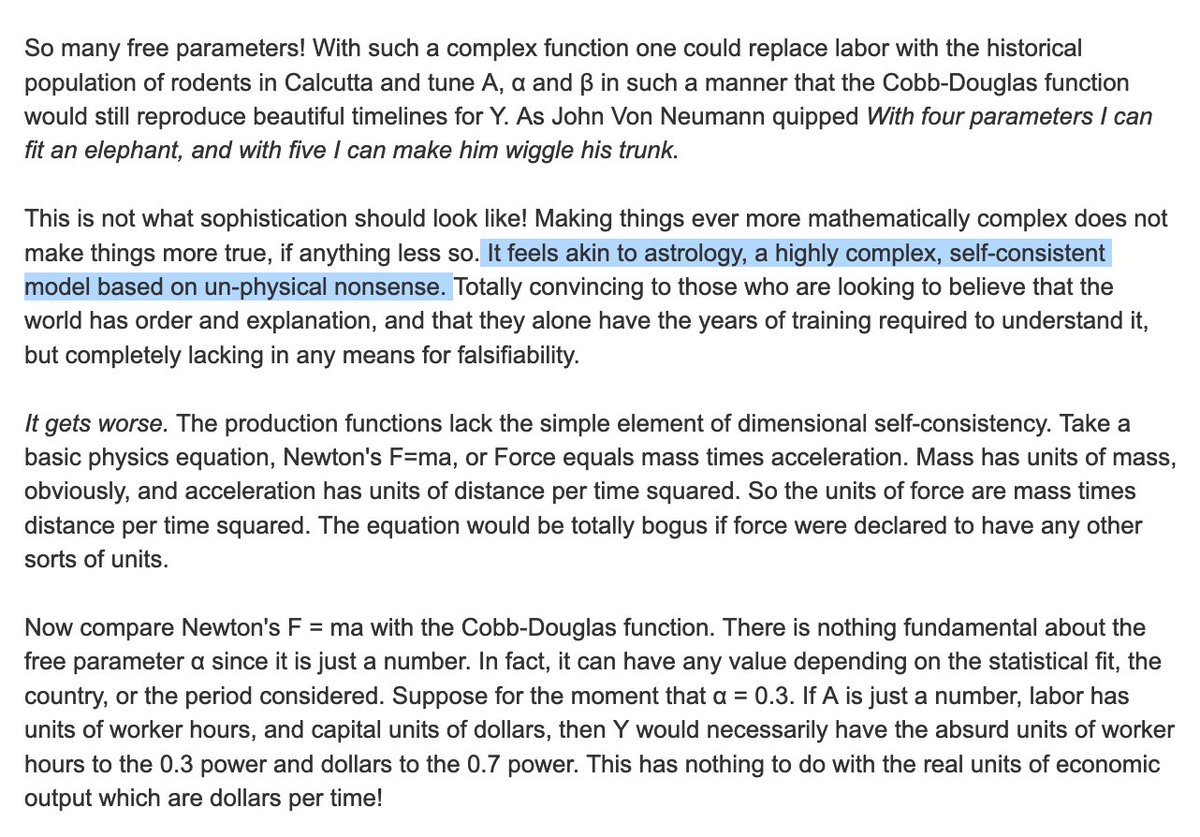
Current climate research and policy remain shallow and caught in optimist groupthink at every layer. What we should be asking: will we go to war to decarbonize other countries? Urgent, entirely open questions that international law is unprepared to answer.
https://twitter.com/reinaldkirchner/status/1456271210526887944
We've been warning for years that current climate policy is naive as it doesn't reflect thermodynamic and political constraints, and doesn't take its own warning seriously. Extremely glad @MuellerTadzio is writing a book about peaceful sabotage: #friedlichesabotage
Some have been asking these questions, but at the risk of their own reputations and resources: @RoyScranton @scholarswarning etc. Our institutions lack the expertise in science, engineering, and humanities to prepare for what's ahead. newrepublic.com/article/157160…
Without adequate mental models to manage complexity, we keep Groping in the Dark: Meadows et al 1982 pure.iiasa.ac.at/id/eprint/1829…
This is no normative argument, but purely descriptive. There will be coercion and conflict in many forms in the coming decades. The question is whether we can cooperate and mitigate.
Calling IR scholars. Some are waking up, but it's far too little too late; scale & scope of irreversible changes underway are still wildly underestimated by most. Change requires understanding the basic dynamics of the climate system - which we don't yet.
https://twitter.com/dandrezner/status/1432520131138236418
Returning to the original question: even here, optimist bias. Pacific Island States are right to worry, and asymmetric conflict and gray zone tactics, incl. cyber etc., will be used by many state and non-state actors. But the big climate risk is elsewhere.
https://twitter.com/reinaldkirchner/status/1456271210526887944
End of thread - so now what? Is this so simple—or complex—that no one familiar with climate, energy, and geopolitics feels they need to even mention it in public, although doing so is critically important for meaningful debate to start? @CarloMasala1 @Sicherheitspod et many more
• • •
Missing some Tweet in this thread? You can try to
force a refresh









